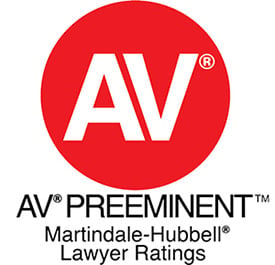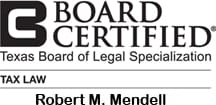What Are The Rules For Deducting Charitable Contributions?
Section 170 of the Internal Revenue Code (IRC) provides that contributions to charitable organizations are deductible, with certain limitations. Charitable deductions are subject to an itemized deduction limitation and are reduced by an amount equal to 3% of the amount of a taxpayer’s adjusted gross income over $100,000 (or $50,000 for a married person individually filing a separate return).
To be deductible, the contribution must be made to a qualified donee. The following types of organizations can be considered qualified donees:
- Governmental organizations (if the contribution is made for public purposes)
- Corporations, trusts, community chests, funds or foundations that qualify for tax exemption under section 501(c)(3) of the IRC
- War veterans’ organizations
- Fraternal societies operating under the lodge system (if the gift is to be used for charitable purposes)
C corporations may claim charitable deductions of up to 10% of their taxable income for donations of money or property. S corporations and partnerships may not claim deductions for charitable contributions at the corporate or partnership level. Contributions by these entities pass through to the shareholders or partners respectively and can be deducted by them.
If an individual contributes to a charity by purchasing an item of value (for example, a ticket to a dinner or other fund-raising event), a deduction may be taken for the portion of the payment that the taxpayer can prove exceeds the fair market value of the consideration (the meal or other item) received by the taxpayer. Thus, if a taxpayer pays $100 to attend a fund-raising dinner and can establish that the fair market value of the meal was $40, he or she can deduct $60. If a charity has a raffle, and a taxpayer buys a raffle ticket for a chance to win a prize such as a car, the amount of the ticket is not deductible as a charitable contribution.
Sometimes a charity will give a person who donates money a small item of token value or benefit in exchange for the contribution. These items or benefits may be treated as having an insubstantial value so that the entire amount donated can be deducted. A benefit given to a donor in connection with a payment to a charity is considered to have insubstantial fair market value if the following conditions are met: (1) the payment happens during a fund-raising campaign in which the charity tells contributors how much of their payment is a charitable deduction and (2) either the fair market value of all benefits received by the contributor is not more than 2% of the payment or $50 (whichever is less); the payment is $25 or more (adjusted for inflation) and the only benefits received are token items with the organization’s name or logo (for example, a mug, calendar, key chain or T-shirt); or the charity mails or gives out free, unordered items to contributors.
If an individual donates property instead of cash, the amount that is deductible is generally the fair market value of the property on the date of the donation. To determine the fair market value, all relevant factors must be considered, including: the cost of the item, sales of similar property, replacement cost and expert opinion about the item’s value. For donations of property over $5,000, there must be an appraisal done to substantiate the property’s value.
The value of a taxpayer’s time given to or services rendered on behalf of a charity is not deductible. However, unreimbursed out-of-pocket expenses incurred directly in connection with the donation of time or services to a charity may be deductible. To be deductible, the charity and not the taxpayer must be the primary benefit of the expenses.
Any contribution of cash, check or other monetary gift, regardless of the amount, made after August 17, 2006 must be recorded by the contributor in order to be deductible. The record must be a bank record or written memo from the donee organization showing its name, the date of the contribution and the amount. In addition, under section 170(f)(8), contributions of $250 or more made by cash, check or other monetary gift must be substantiated by a contemporaneous written acknowledgement by the donee organization in order to be deductible.
Copyright © 2008 FindLaw, a Thomson Reuters business
DISCLAIMER: This site and any information contained herein are intended for informational purposes only and should not be construed as legal advice. Seek competent counsel for advice on any legal matter.



